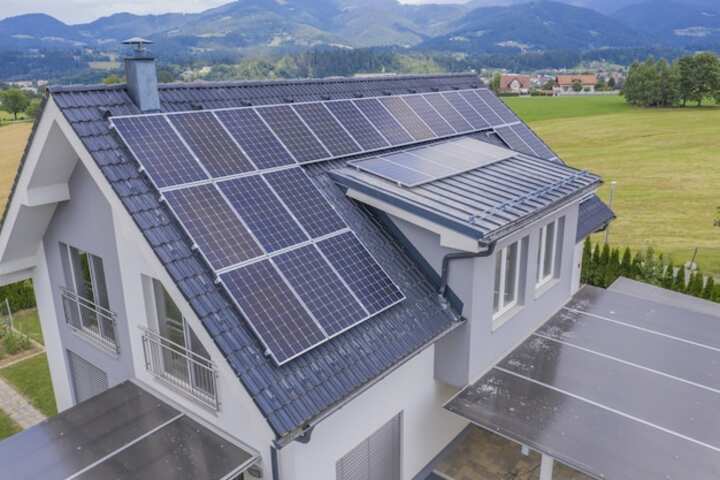
Efficient Residential Solar Panel Installation Services for Your Home
With the global shift towards sustainable energy sources, residential solar panel installation has become a popular choice for homeowners seeking to reduce their environmental impact and energy costs. The process of installing solar panels is not just about placing panels on a roof; it involves a comprehensive approach to ensure efficiency, safety, and long-term benefits. Understanding the nuances of solar installation can help homeowners make informed decisions, leading to optimal energy production and financial savings.
The Importance of Professional Installation
Choosing a professional service for solar panel installation is crucial for several reasons:
- Safety: Proper installation minimizes the risk of electrical hazards and ensures compliance with local building codes.
- Efficiency: Professionals can position panels to maximize sunlight exposure, enhancing energy production.
- Longevity: Expert installation extends system lifespan, protecting the homeowner's investment.
Read more about this topic to understand why professional installation is key to a successful solar panel system (https://www.solar-augusta.com/residential/).
Steps in the Installation Process
Site Assessment and Consultation
The initial phase involves a thorough site assessment where installers evaluate the roof's condition, size, and orientation. This step helps determine the most effective panel configuration and whether any roof repairs are needed before installation.
Design and Planning
During this phase, a detailed plan is crafted, considering factors such as:
- Local climate and average sun exposure
- Energy consumption patterns
- Budget and financing options
Learn more in this detailed guide about designing an efficient solar panel system (https://www.solar-augusta.com/residential/).
Permitting and Approval
Before installation can begin, necessary permits must be obtained. This involves navigating local zoning laws and utility regulations, a process best handled by experienced professionals.
Installation and System Testing
The actual installation involves mounting panels, wiring, and connecting the system to the grid. After installation, thorough testing ensures the system operates correctly and safely.
Post-Installation Considerations
Maintenance and Monitoring
Regular maintenance is vital to keep the solar panel system functioning optimally. This includes:
- Cleaning panels to remove dirt and debris
- Inspecting wiring and connections for wear and tear
- Monitoring energy output to detect any issues early
Explore further insights here on maintaining solar panels effectively (https://www.solar-augusta.com/residential/).
Warranty and Support
Understanding warranty terms and available support services is crucial for protecting the investment. Homeowners should be aware of what is covered and the duration of coverage.
Benefits of Residential Solar Panels
Investing in residential solar panels offers several advantages:
- Cost Savings: Significant reduction in electricity bills over time.
- Environmental Impact: Decreased carbon footprint and contribution to renewable energy efforts.
- Energy Independence: Reduced reliance on the grid and protection against rising energy costs.
Find additional information here about the benefits of solar energy (https://www.solar-augusta.com/residential/).
In conclusion, efficient residential solar panel installation involves careful planning, professional execution, and ongoing maintenance. By understanding each step of the process and the associated benefits, homeowners can make informed decisions that lead to long-term savings and environmental sustainability. For those interested in making the switch to solar energy, a comprehensive exploration of resources and insights is recommended (https://www.solar-augusta.com/residential/).